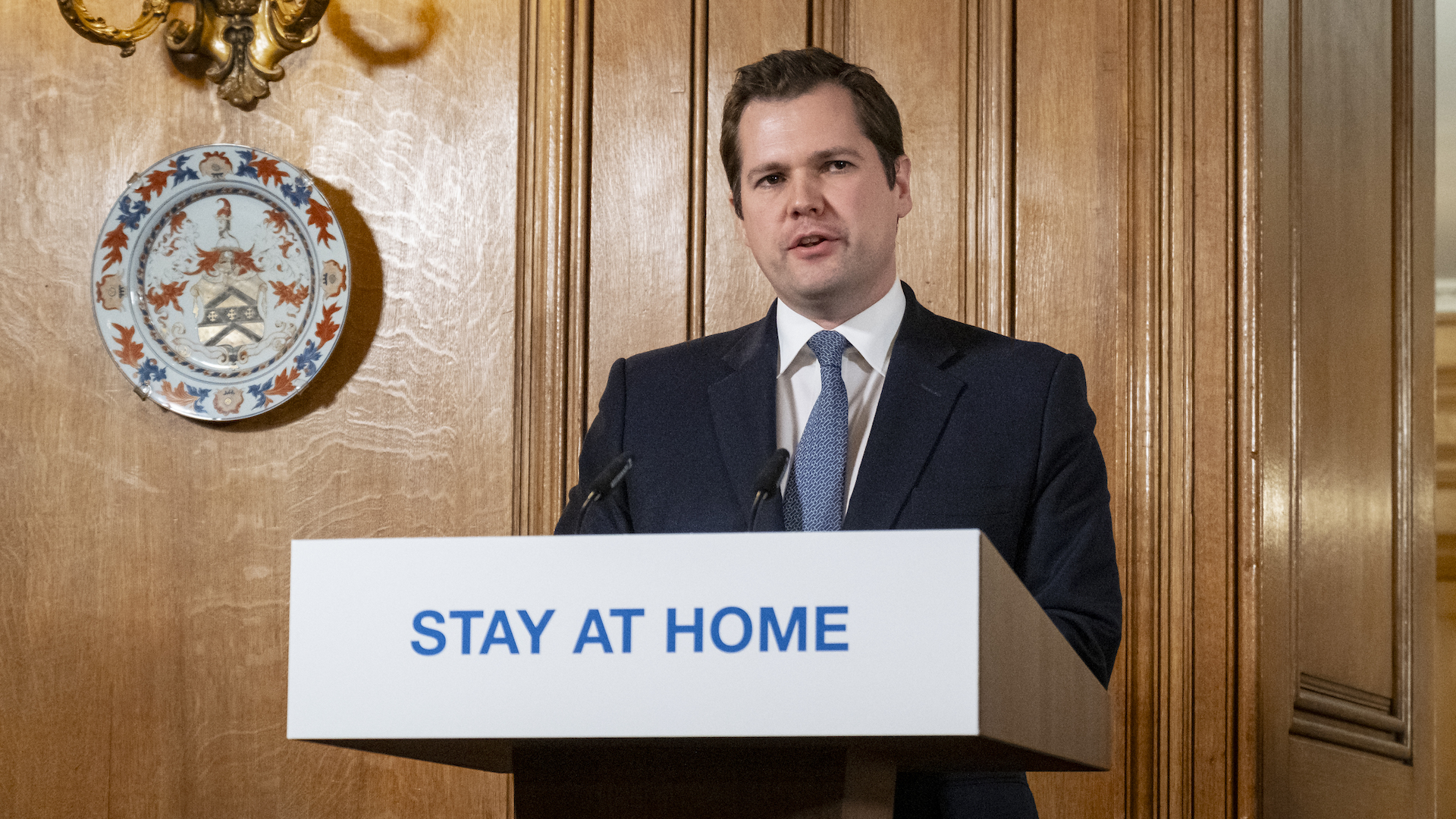On 15 April 2019, the government promised to end “no fault evictions”. No longer would landlords be able to issue a Section 21 notice, evicting renters at short notice for any reason whatsoever. Tenants would feel more secure in their rented homes, and able to complain about problems without worrying that asking their landlord to, say, fix that gaping hole in their roof would result in a revenge eviction. The sun would come out. The future was bright. Everything was going to be alright.
That was two years ago. A lot of things have happened since. Britain has finally left the European Union. Donald Trump has left the White House. We’ve all been trapped inside by a global pandemic, and Lil Nas X has redefined pop music with Old Town Road.
Something that hasn’t happened, however, is the UK government banning no fault evictions. No fault evictions remain very much unbanned.
More than that: they are still in enthusiastic use. A survey, commissioned by Generation Rent, conducted by Survation and published this week, indicates that 8 per cent of private renters in England have received a Section 21 notice in the past year alone. That is a year, you may recall, in which Covid has been raging, and the entire country has spent months under house arrest, a state of affairs which makes it pretty important for people to actually have a house: yet as many as 700,000 renters, one in eight of the total, have received no fault eviction notices.
There’s more. The same survey found that 32 per cent of renters were concerned about the possibility of their landlord asking them to move out this year. That, if accurate, would translate to 2.8m renters who are worried they’re going to lose their homes.
"My rent went up 20% in two years. My salary didn't"
Sound familiar to you? 💵
Tell us your story using #RentersAreWaiting to tell @RobertJenrick what renting is like.
And sign our petition here.https://t.co/eBjcr2ZA3Z pic.twitter.com/4cbJHcvZsp
— Generation Rent (@genrentuk) April 15, 2021










